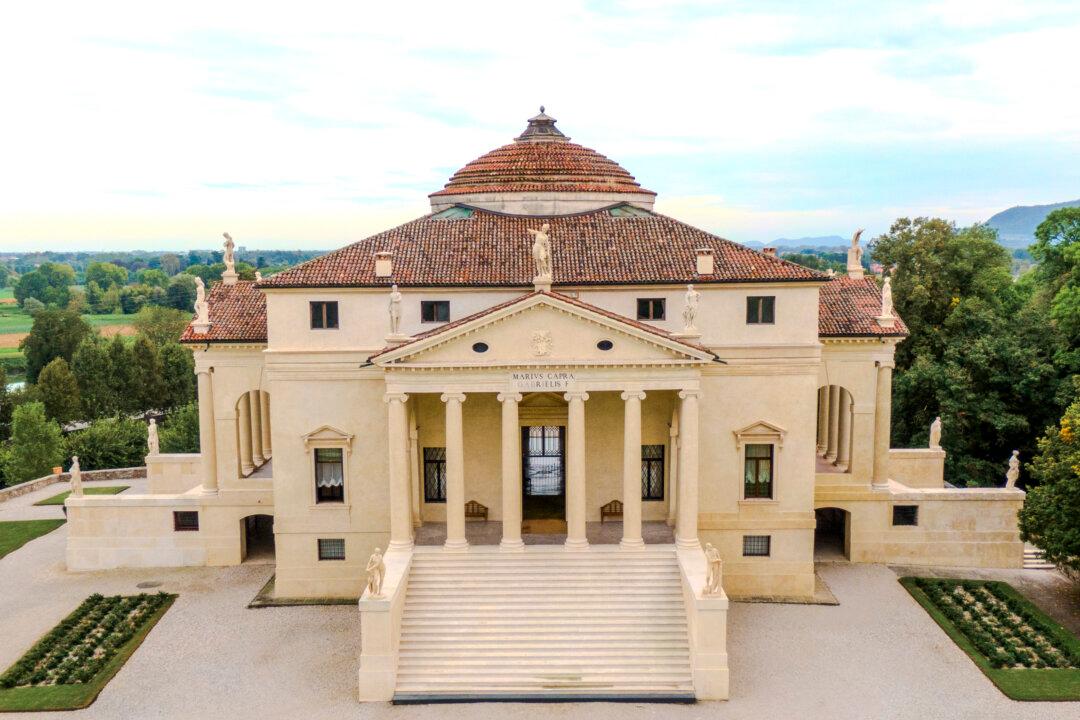Most people intuit that buying from a farmers market will support the local people and the community. Take the same idea, turn up the scale, apply it to local design, and you have UNIQUE NYC, a design show set to grace the Chelsea arts district this weekend, Nov. 17–18.
Sonja Rasula first conceived of an independent design show, Unique in LA, in 2008. With the focus on designs made in America, the show was meant to popularize locally made art and design. At the same time it supports local communities, small businesses—and ultimately, the U.S. economy.
Growing up in Echo Park, Los Angeles, Rasula said she was very community minded and learned to prioritize investing in the local environment.
After studying journalism in school, Rasula began as a writer and magazine editor focused on design, style, and architecture. As soon as the first thought of a design show arose, “It seemed like an obvious thing to do,” said Rasula.
Not only would the project combine her skills, she thought, it would also benefit communities around America by bringing together a growing number of likeminded individuals.






